IGN Article Alleges “Toxic Culture” At Bungie, Bungie CEO Responds
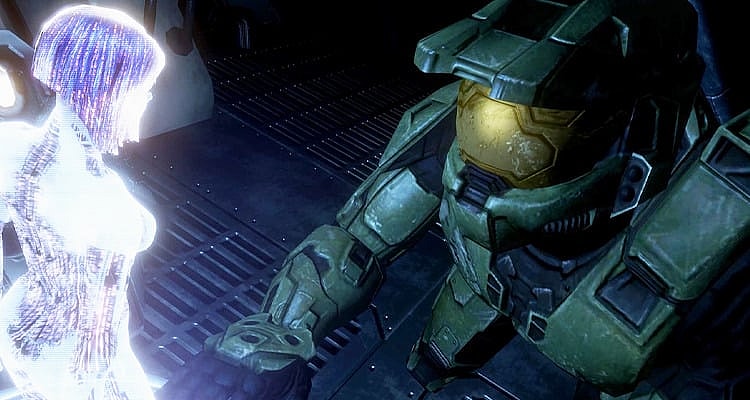
Bungie is a pretty legendary game studio. They’ve had a good track record among gamers, many of whom say that the Bungie years of Halo were better than anything that 343 Industries (who took up the franchise after Halo: Reach) has offered.
They’ve also done fairly well with the Destiny series since they moved on from the Master Chief and his adventures.

On September 29th, in the wake of the recent workplace harassment controversies involving Blizzard, Ubisoft, and others, Bungie sought to be proactive force in the industry and, courtesy of CEO Pete Parsons, put out a statement touting their dedication to diversity and inclusion.
In it, Parsons revealed that the studio had a comprehensive plan to institute a large Diversity and Inclusion department, changes in the company process of performance reviews and interviews, and extensive processes for anonymous reporting of “problematic” behavior.
“Inside Bungie, recent news and conversations related to Diversity & Inclusion (D&I) in our industry have opened an honest conversation about how we can be better, both as we look to make forward progress, and as we examine and acknowledge our past,” said Parsons. “We aren’t perfect and appreciate it when concerns are brought to our attention. For the things we’ve known about, we’ve taken action, and we are working to address issues as they come up”
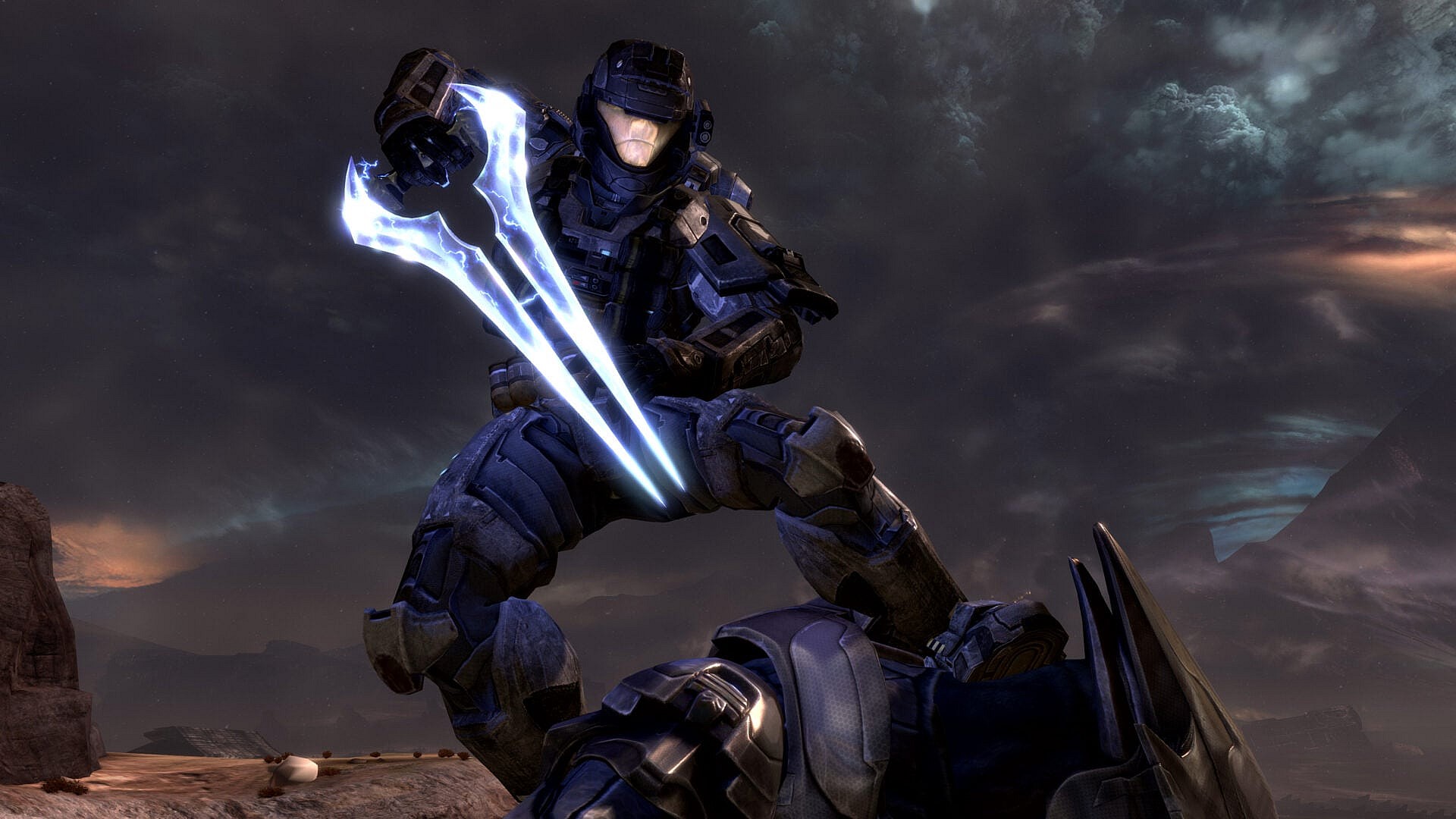
At the time of the update’s publication, Bungie was praised for being progressive and forward thinking. However, in the days since, that tune has since wildly changed.
Last Friday, IGN’s Rebekah Valentine wrote a scathing story alleging that, based on alleged conversations with “26 current and former employees that have worked at Bungie within the last decade,” that the studio had a terrible work culture, dating as far back as 2011.
“Their accounts of the studio’s work culture encompass a wide range of experiences,” said Valentine of the allegations. “They span overt sexism, boys’ club culture, crunch, and HR protection of abusers, as well as more complex stories of microaggressions, systemic inequalities, and difficulties in being heard.”
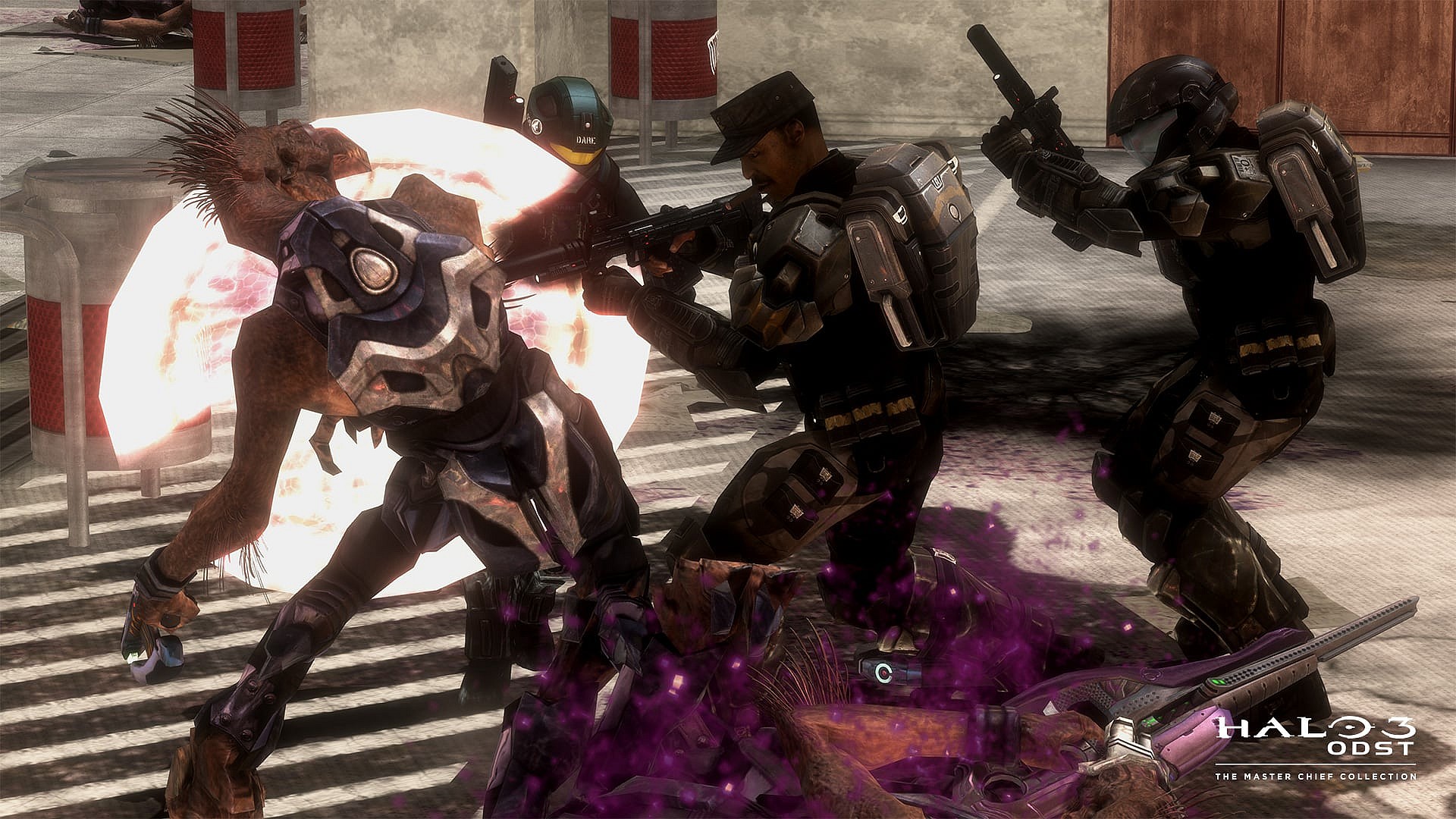
Reading through the IGN’s piece, some of the behavior described, including the fostering of toxic work environments and the regular berating of employees for minor issues, is pretty terrible by any measure
However, some of the complaints, such as an accusation of ‘toxic culture’ based on one employee wearing a shirt that read “Free Lap Rides” and clipping his nails at work, seem over the top to the highest degree.

“The stories shared here are far from the only examples,” wrote Valentine. “We heard a number of other similar tales of behavior from not just Bungie leadership, but other employees across multiple departments who were often enabled by their superiors, who would ignore or dismiss bad behavior or complaints against those they favored.”
She added, “In the vast majority of these cases, sources felt their stories were too specific to share in this piece without personally identifying themselves and risking either retaliation at work or violating a non-disparagement agreement – which many former employees we spoke to say they felt pressured to sign upon departing the company.”
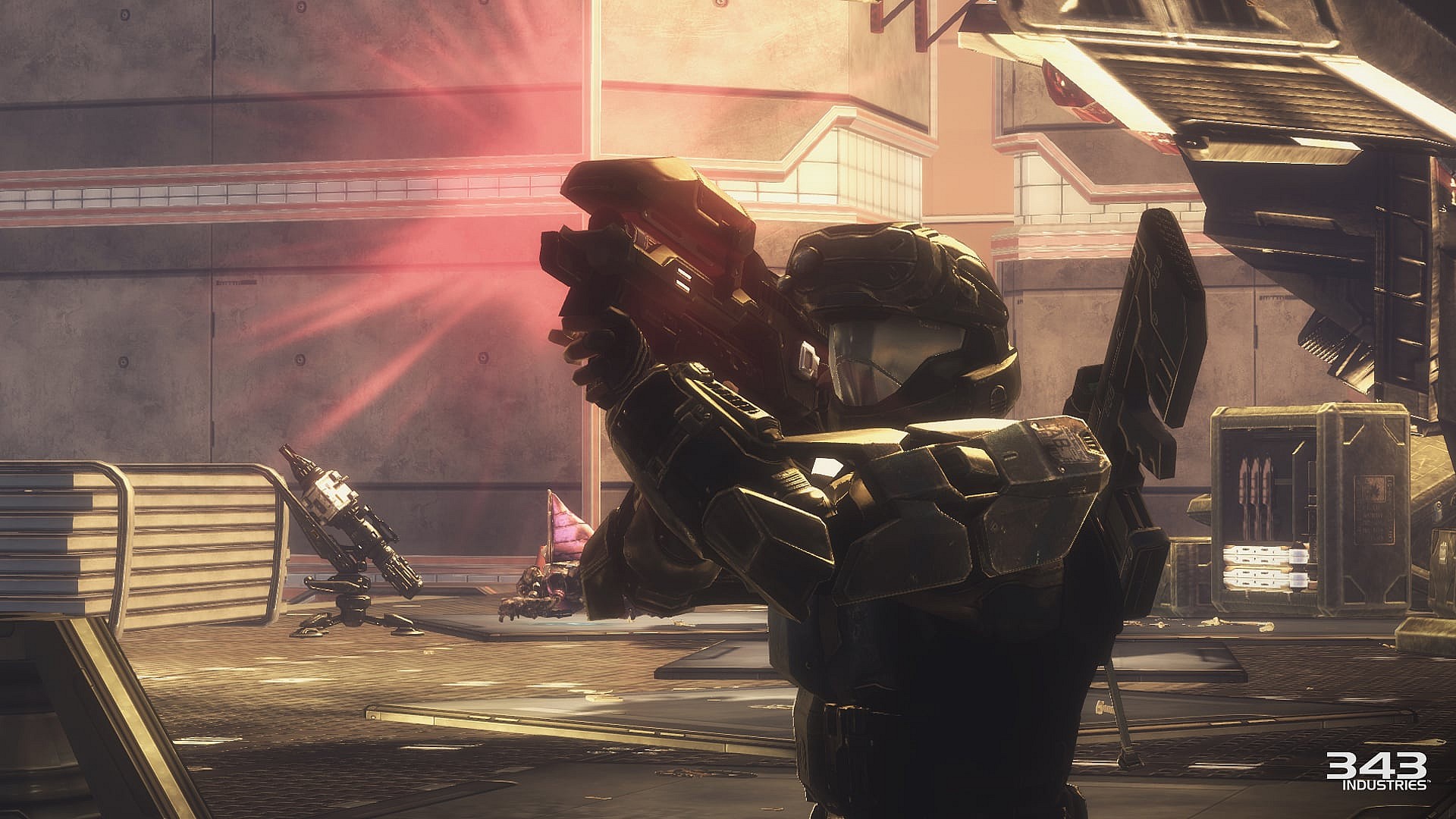
In response to IGN’s story, Parsons released a follow-up statement on December 10th in which he sought to “apologize to anyone who has ever experienced anything less than a safe, fair, and professional working environment at Bungie.”
“I am not here to refute or to challenge the experiences we’re seeing shared today by people who have graced our studio with their time and talent,” said Parsons. “Our actions or, in some cases, inactions, caused these people pain. I apologize personally and on behalf of everyone at Bungie who I know feels a deep sense of empathy and sadness reading through these accounts. ”

Parsons then turned to highlight the “significant changes” recently undertaken by the company to address the issues alluded to in IGN’s story.
He began by noting how Bungie “has removed bad actors from our studio without respect to their tenure, seniority, or interpersonal relationships – an action we can take only when brave people come forward or when bad behavior is conducted out in the open,” he began. “We have not always been transparent about what led to their removal or as swift as we should have been, but we will not tolerate toxic behavior from anyone. Being a ‘rockstar’ is no excuse, no matter how celebrated someone’s track record is. ”
“We are now reading and digesting the full story for the first time today,” Parsons said. “We believe the people whose behavior warranted removal from our company have been terminated or are no longer working for Bungie, but if new information comes to light – whether through this story or by named or anonymous people coming forward – we will act on that information and investigate with integrity.”

Parsons next explained how, since committing themselves to making a change in their workplace culture, the studio had also “focused on better planning and more reasonable release dates” in order to avoid crunch, “reconstituted and invested in our efforts toward a stronger inclusion, diversity, and equity approach,” and “started to conduct reviews of our hiring, compensation, and promotion practices”.
“These efforts include the reformation of the Bungie Diversity Committee, the creation of several new employee-led inclusion clubs, such as Black@Bungie, Women@Bungie, Trans@Bungie, and Accessibility@Bungie (with more on the way), along with the hiring of dedicated and highly respected leaders to better support our clubs, our people, and to focus on inclusion, diversity, and equity at Bungie,” he added.

Further, Parsons also took the opportunity to share the progress Bungie had made in diversifying their “team composition” since 2018, which he boasted saw the studio increase “the number of employees who identify as women and people from underrepresented communities now at Bungie to 20.5% and 18.6% of the company, respectively”
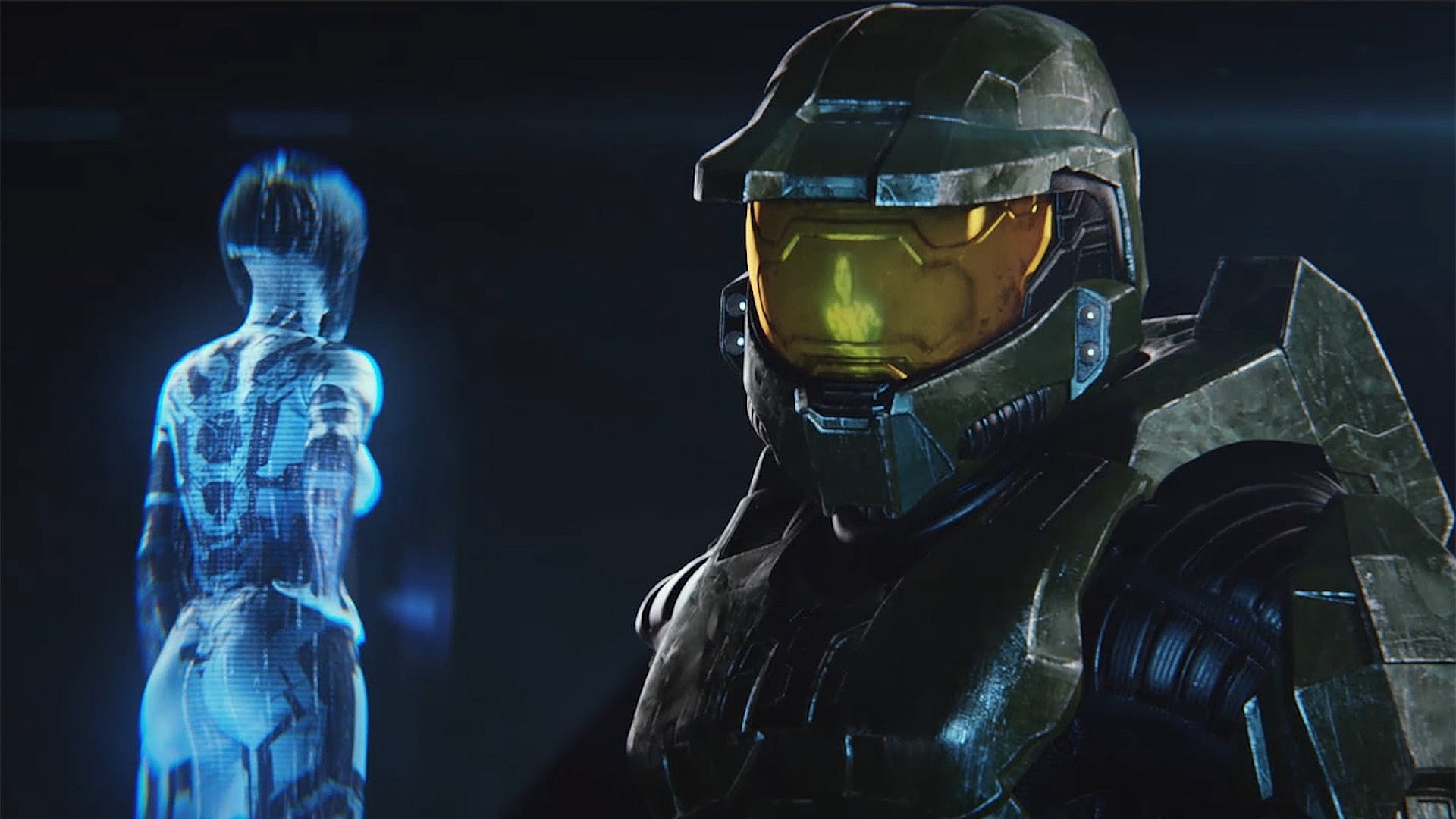
“In 2021, 31% and 23% of our total hires are employees who identify as women and people from underrepresented communities, respectively,” the CEO noted. “At the leadership level, 22.5% and 20% of our leaders identify as women or people from underrepresented communities, respectively [while] women or people from underrepresented communities comprise 50% of Bungie’s board of directors. In addition, 40% of Bungie’s executive team are women or people from underrepresented communities.”

Ultimately, Parsons lamented, “I’m heartened by the progress we have made, but it is not enough, and it has taken too long.”
“It also does not sweep away the bad experiences people have had at our studio,” he admitted. “As CEO, it is my job to factor both the past and the future and be accountable for all of it, here and now. Speaking with the team at Bungie, reading the stories, and seeing both known and newly surfaced accounts, it is clear we still have work ahead of us.”
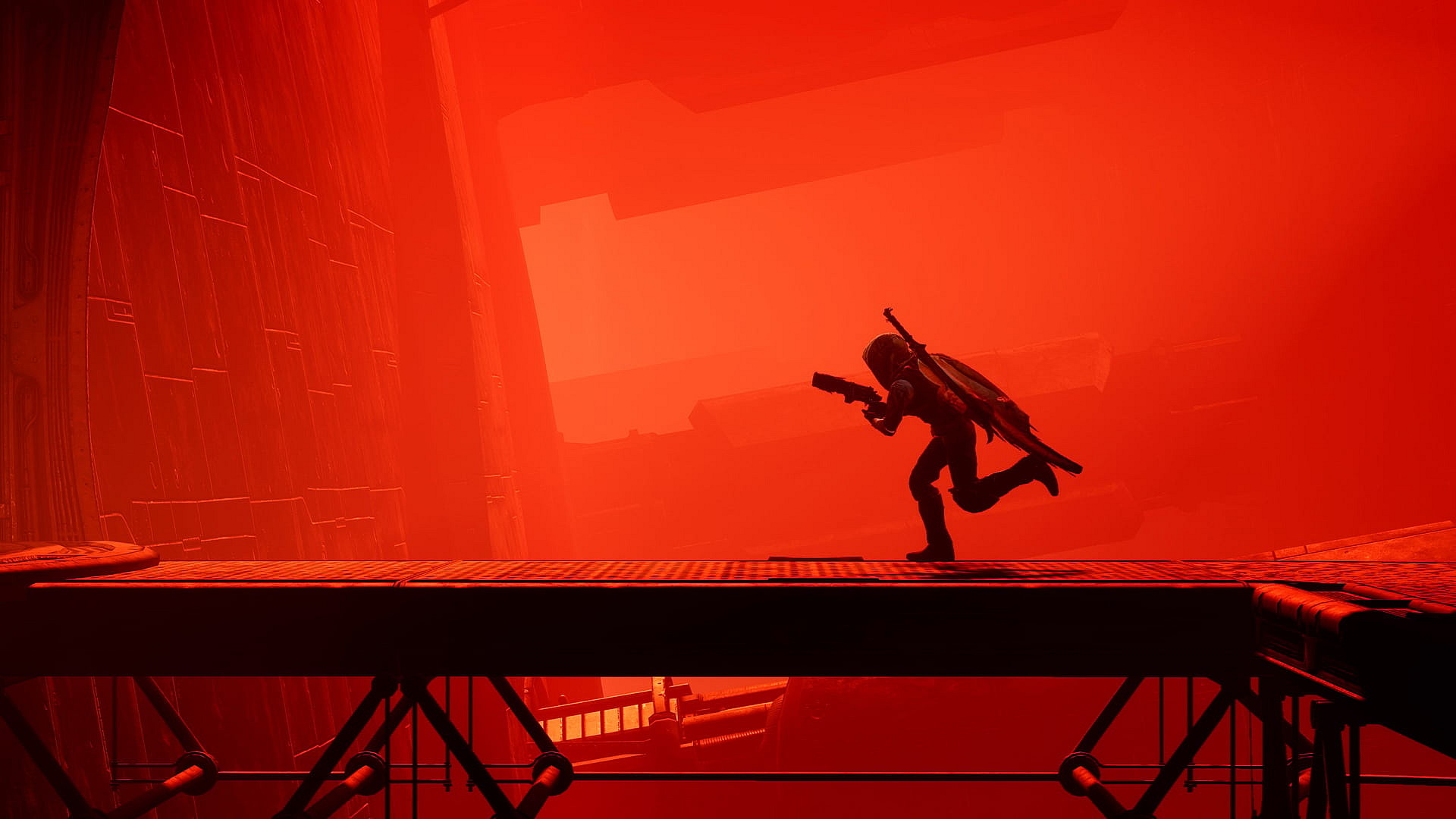
“I am committed to it,” Parsons reaffirmed. “We are not yet the studio we have the potential to become, but we are on our way. And we will not rest or slow these efforts because we recognize that the journey of inclusivity, diversity, and equity is, in itself, the destination we all strive towards. This is critical to achieving our vision and fulfilling the potential of the welcoming, equitable home of creative and technical excellence Bungie should be.
“The phrase, ‘Boldly, to the stars’ has fueled our creative engine since the beginning,” he concluded. “We take this same spirit of hope and improvement to the crucial human work in front of us. Our current and future actions around the care of our people will define Bungie’s future and is our most important purpose. We are grateful and humbled to continue this work and are energized by the journey ahead. ”

So what actually did happen at Bungie? If we take off the glasses of woke activism, it appears as if they’re a company like any other, though there’s no doubt either way that they had some evolving and improving to do in the areas of crunch and employee communication, as well as professionalism and quality control.
That said, it looks as if, in what can best be described as an overreaction meant to appease social media, Bungie is going to triple down on its diversity and inclusion efforts in 2022.
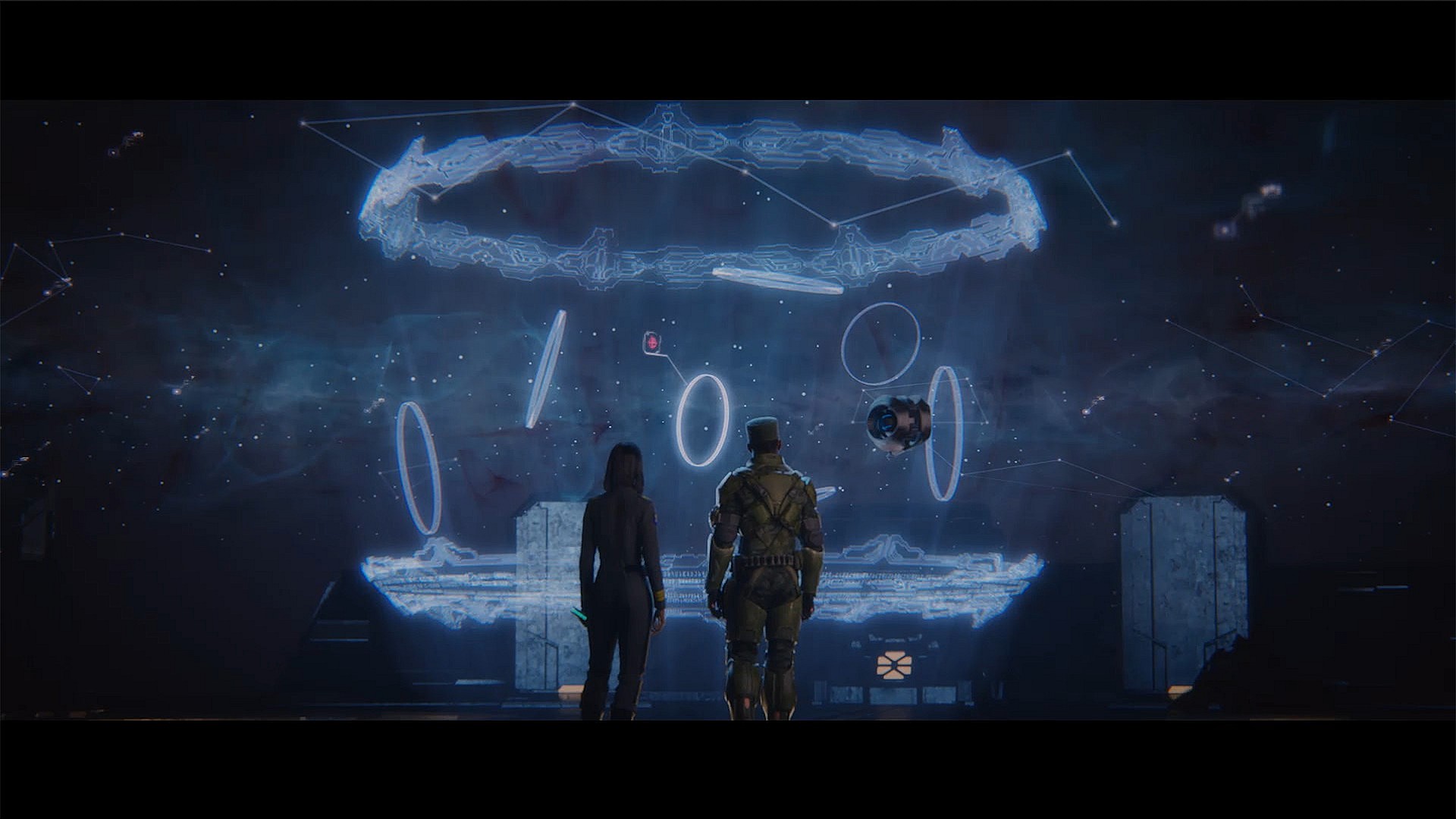
What do you think readers? Will this impact the quality of future Bungie products? Are workplace controversies like this going to drive meritocracy out of the industry in favor of “equity?” Let us know your thoughts on social media or in the comments down below!
